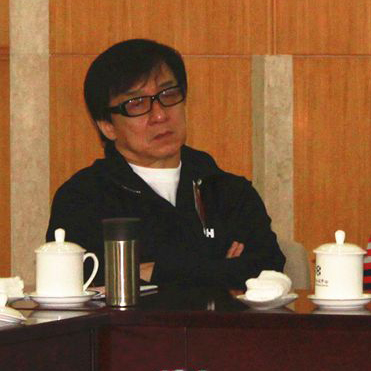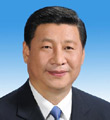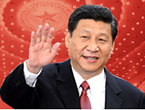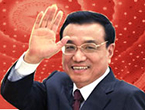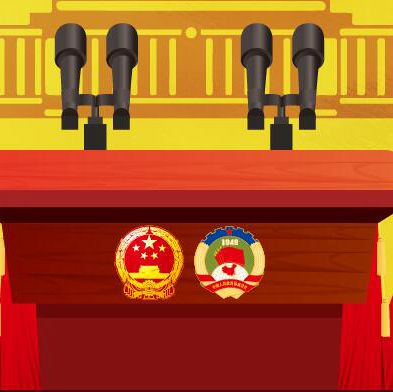CPPCC FAQs
- Meeting mechanism employed by the CPPCC include: the plenary sessions of the CPPCC National Committee or local committees, Standing Committee meetings, meetings of the chairmen, meetings of the secretary-generals, and meetings of the special committees.
-
What are the functions and powers of the plenary session of the CPPCC National Committee?
To interpret the charter of the CPPCC and supervise the enforcement of the charter, etc..
-
How is the Standing Committee of the CPPCC National Committee? How are participants elected?
The CPPCC National Committee has set up a Standing Committee to preside over the work of the National Committee.
-
What are the functions and powers of the Standing Committee of the CPPCC National Committee?
To interpret the charter of the CPPCC and supervise the enforcement of the charter, etc..
- The chairmen of the National Committee presides over the work of the Standing Committee, and the vice chairmen and secretary-general assist the chairman in his (her) work.
-
Who decides the candidate units and members from them for the National Committee?
The Standing Committee of the outgoing National Committee of the CPPCC decides the candidate units and members from them for the new National Committee.
- The National Committee serves for a term of five years. The term can be extended in special circumstances upon the approval of Standing Committee members, with a two-thirds majority required.
-
How many members are required to pass a proposal of the plenary session of CPPCC National Committee?
A proposal of the plenary session of the National Committee will only be adopted once a simple majority of all members has been achieved.
- The first amendments were adopted at the Fifth Plenary Session of the Fifth CPPCC National Committee on December 11, 1982.
Highlights of the Sessions >>
- Full text: Report on China's central, local budgets
- Full text: Report on China's economic, social development plan
- Full text: Report on the Work of the Government (2015)
- Highlights of work report of Supreme People's Court
- Highlights of China's gov't work report for 2015
- Big data on China's rule of law
China.org.cn Exclusives >>
Zhou Mingwei: cultural differences cause misunderstanding
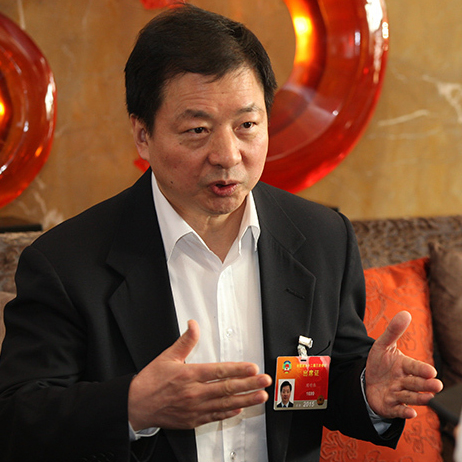
- Political advisor Zhou Mingwei told China.org.cn that cultural differences between China and foreign countries may cause misunderstandings in the international community, but China has to find a way to better explain itself.



